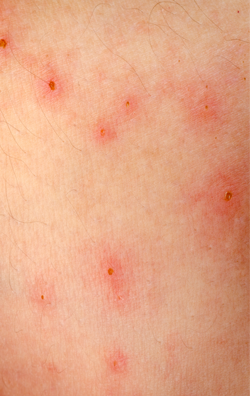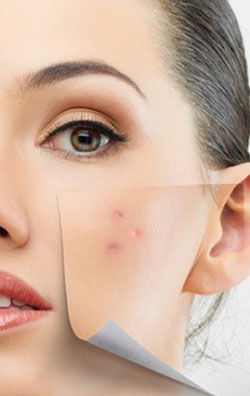
Eyes are our windows to the world outside and they must be preserved with utmost care. Our current lifestyle abuses all sense organs, but most of all we target vision. The long hours spend in front of computers, Television, mobile phones and cinema affects our eyes and results in an epidemic of near sightedness, dry eyes and early occurrences of cataract. In addition to it there has been advent of new disease entities such as computer vision syndrome.
Ayurveda, one of the most ancient medical systems in the world is not just a treatment method, but a way of life which ensures a healthy body, senses and mind. Ayurveda advises a few easy means to keep your eyes healthy
Triphala
Taking 1 tablespoon Triphala powder with warm water daily at night, or washing your eyes with a boiled and cooled decoction of Triphala powder may keep your eyes healthy. Triphala is a powdered mixture of dried husks of three fruits- Indian gooseberry (Amalaki) , Beleric fruit (Vibheethaki) and Chebulic Myrobalan fruit (Hareethaki). In vivo animal studies in rat pups and Invitro studies using goat eyes have shown that Triphala powder has beneficial effects in preventing cataract of eyes. In a study of 141 patients with computer vision syndrome, usage of Triphala eye drops significantly reduced symptoms such as blurred vision, burning of eyes, light and glare sensitivity and eye strain/fatigue.
Massaging your soles
Ayurveda advices keeping your foot and soles clean and a daily massage with hand or using oil to have a better vision. There may be a scientific reasoning to this. The Vestibular system which is a major contributor to our spatial orientation and balancing, is responsible for about twenty percent of our visual neurons. Vestibular areas of brain is connected with the pressors on the soles of the feet to provide important information regarding the surface texture to attain proper balancing. Probably the massaging of soles stimulate the vestibular centers and improve the visual function.
Application of Kaajal or Kohl in eyes
Applying Kaajal or kohl to the eyes is an ancient practice prevalent across India and parts of Southern Asian countries. This is a highly debated practice among medical circles due to reports of a few reported cases of irritant dermatitis and the presence of lead in some forms of Kaajal raising concerns of a higher lead concentration in the blood.
However a 2010 French study looking into biomedical properties of Egyptian black makeup revealed by amperometry at single cells reported that at low levels, the lead compounds found in the heavy eye make-up of ancient Egyptians actually helped the immune system by stimulating the production of nitric oxide.
Another study by a collaboration of Indian researchers from the Indian Institute of Technology, Kharagpur, Department of Chemical Sciences, Tezpur University, Assam and Priyamvada Birla Aravind Eye Hospital, Kolkata reported the presence of carbon nano-particles in Kaajal, which can fight against the bacterial and fungal pathogens in keratitis-associated eye infections. Biological studies revealed that Kaajal can be considered to have no or minimal risks to human health and may be used for eye make-up safely.
Food and Sleep
Ayurveda also prescribes light food and good sleep as a prerequisite for having a healthy vision lifelong. Lack of sleep can lead to dry eyes, itching and irritation of eyes in the short term and may lead to severe conditions such as Anterior Ischemic Optic Neuropathy (AION) in case of extended deprivation.





